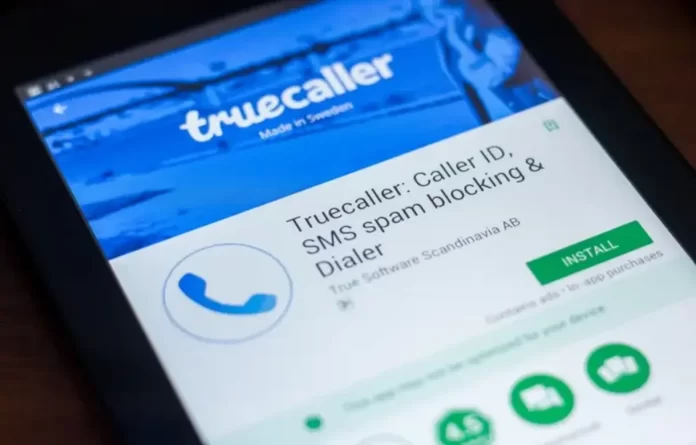The Delhi High Court today dismissed a petition that sought a ban on a crowd-sourced caller identification mobile application, Truecaller, on the ground that it violated the privacy of mobile phone users by disclosing their identity and other details without their consent.
The petitioner, lawyer Ajay Shukla contended that the application also hurt reputations by classifying certain phone numbers as spam. The petition alleged that the crowd-sourced caller identification mobile application, Truecaller, provides information related to third parties without their consent.
A bench comprising acting chief justice Manmohan and Manmeet Pritam Singh Arora disagreed and recalled the years when the telephone directories listing the name and address of all phone subscribers were published. The bench observed that services like names and emails of the phone numbers being provided are facility.
Appearing for the petitioner, lawyer Ankit Sethi told the court that Truecaller application gained access to the contacts of its users which contained their addresses, emails, and other details without their consent.
Reportedly, the Union government trashed the petition, saying that it was only designed to seek publicity and told the high court that the Supreme Court in August 2022 has already rejected the petitioner’s plea that sought similar relief.
The Delhi High Court stated that the petition amounts to re-litigation and that this will amount to an abuse of process. The court further pointed out that nothing about the Supreme Court proceedings has been disclosed in the writ petition.
The Supreme Court earlier in August 2022 declined to entertain a similar plea against Trucaller, asking if it was the court’s job to go about banning mobile applications.
Reports said that a petition against Truecaller was also filed in the Bombay high court in April 2021 and is still pending. Notably in this case, the Bombay High Court sought the Maharashtra government and the central government’s response to the petition in July 2021.


